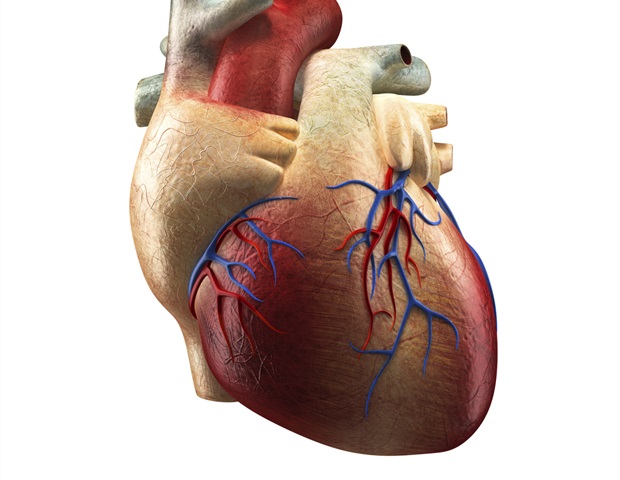
Advanced research is casting light on possible early life factors – including poverty, physical or mental abuse – that may impact the rate of egg loss and increase the risk of cardiovascular disease in post-menopausal women.
Traditionally, cardiovascular disease in women has been associated with loss of ovarian function with the transition into the non-reproductive years.
It is especially associated with an accelerated loss of ovarian reserve and early onset menopause, or in women who have had both ovaries surgically removed to reduce other medical risks such as ovarian cancer.
Cardiovascular disease is the biggest killer of women globally primarily through strokes and heart attacks, and it is also a major cause of morbidity and death among men.
A major medical conference in South Australia heard today that cardiovascular disease risk is increasing in women, along with earlier age at onset, while it is decreasing in men.
Professor Marcelle Cedars, Director of the Division of Reproductive Endocrinology at the University of California San Francisco, is a keynote speaker at the Asia Pacific Initiative on Reproduction (ASPIRE) 2023 Congress in Adelaide.
She said women have differing ovarian reserve, defined as the number and quality of remaining eggs in reproductive years.
Women who experience early menopause, say in their forties, are at a much higher risk of developing heart disease later in life compared with women who go through natural menopause in their fifties and later.
Professor Cedars said estrogen deficiency through and after menopause was associated with cardiovascular disease risk primarily through metabolic changes including the redistribution of body fat, alteration of lipids, and increased blood pressure.
“These risks are somewhat reduced with estrogen replacement, but we believe that some common underlying mechanisms lead to both lower ovarian reserve and increased cardiovascular disease risk.”
Professor Cedars, who is also Immediate Past President of the American Society for Reproductive Medicine, said women have unique sex-specific risk factors for the condition that can appear early in their childhood and reproductive life.
There are critical periods of vulnerability for disease development, particularly in the in-utero environment, but also in early childhood and adolescence when an individual is particularly sensitive to intrinsic and extrinsic factors. Extrinsic factors may include adverse social situations such as poverty, neglect or physical or mental abuse.”
Professor Marcelle Cedars, Director, Division of Reproductive Endocrinology, University of California San Francisco
Professor Cedars said early life indicators of vulnerability required further research as they may provide a window into future cardiovascular health and cellular aging processes.
“We are investigating mechanisms such as oxidative stress, telomere shortening, and dysfunction of mitochondria as measures of cellular age,” she explained. “This dysfunction of mitochondria – the power houses of cells – may increase loss of ovarian function and underlie cardiovascular risk.
“Similarly, there may be underlying mechanisms to prolong reproductive function and provide protection from cardiovascular risk.”
Professor Cedars said the fact that cardiovascular disease in women was increasing while it was decreasing in men suggests the need to investigate female-specific causes of aging and increased risk.
“Looking to the ovary may identify an organ more sensitive to the process of aging allowing early prediction of cardiovascular risk supporting earlier intervention,” she said. “The ovary ages uniquely to other organs. What causes the demise of such a vital organ and how does it impact fertility and health?
“Healthy lifestyles, including good diet and exercise, are crucial in the possible early intervention for cardiovascular disease, but if we could clearly identify early signals of aging and cardiovascular risk, we may be able to develop drugs to directly combat the onset of disease.
“Identification of women at risk and in need of early intervention is critical to living healthy lives.”
Source:
Asia Pacific Initiative on Reproduction














